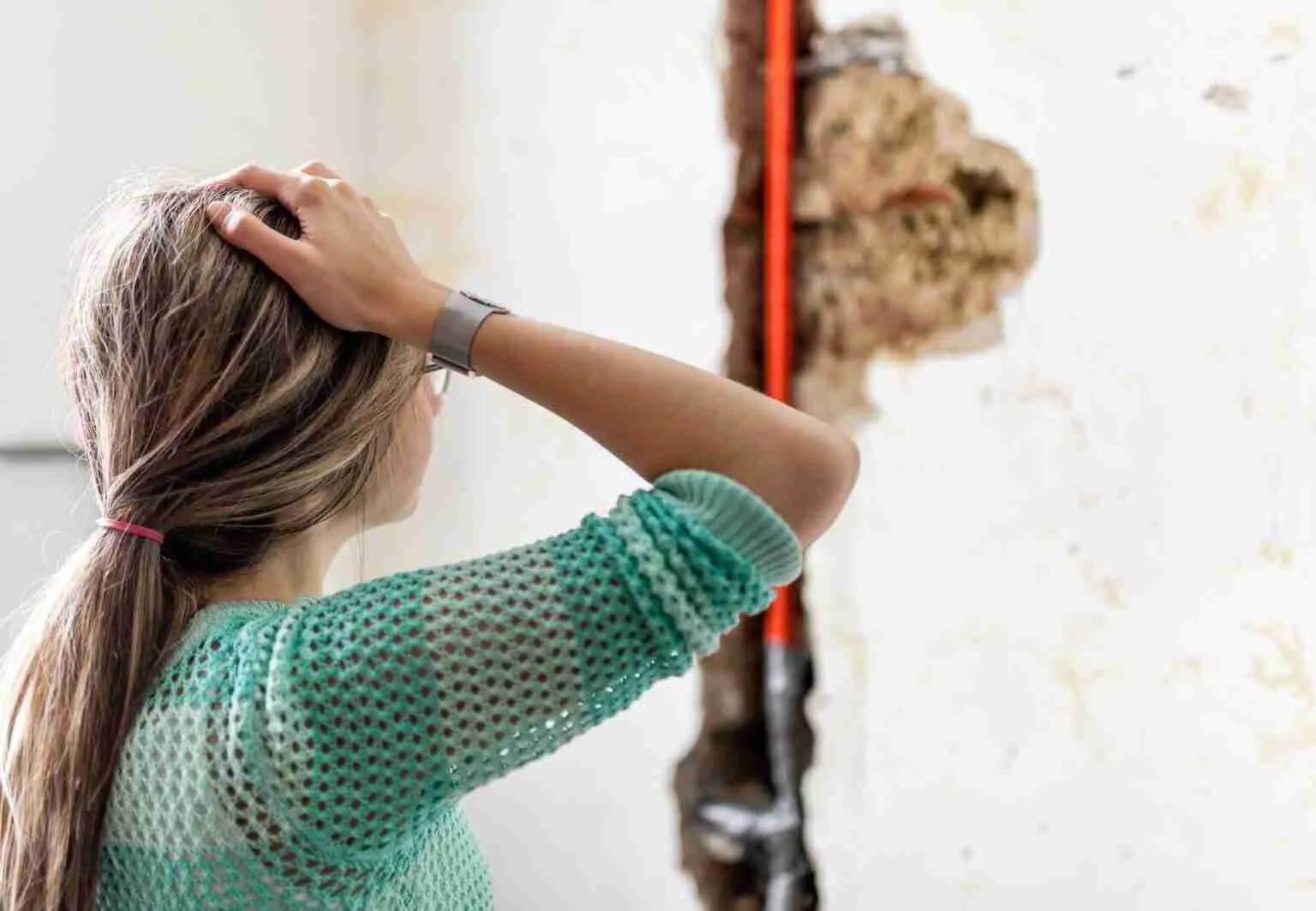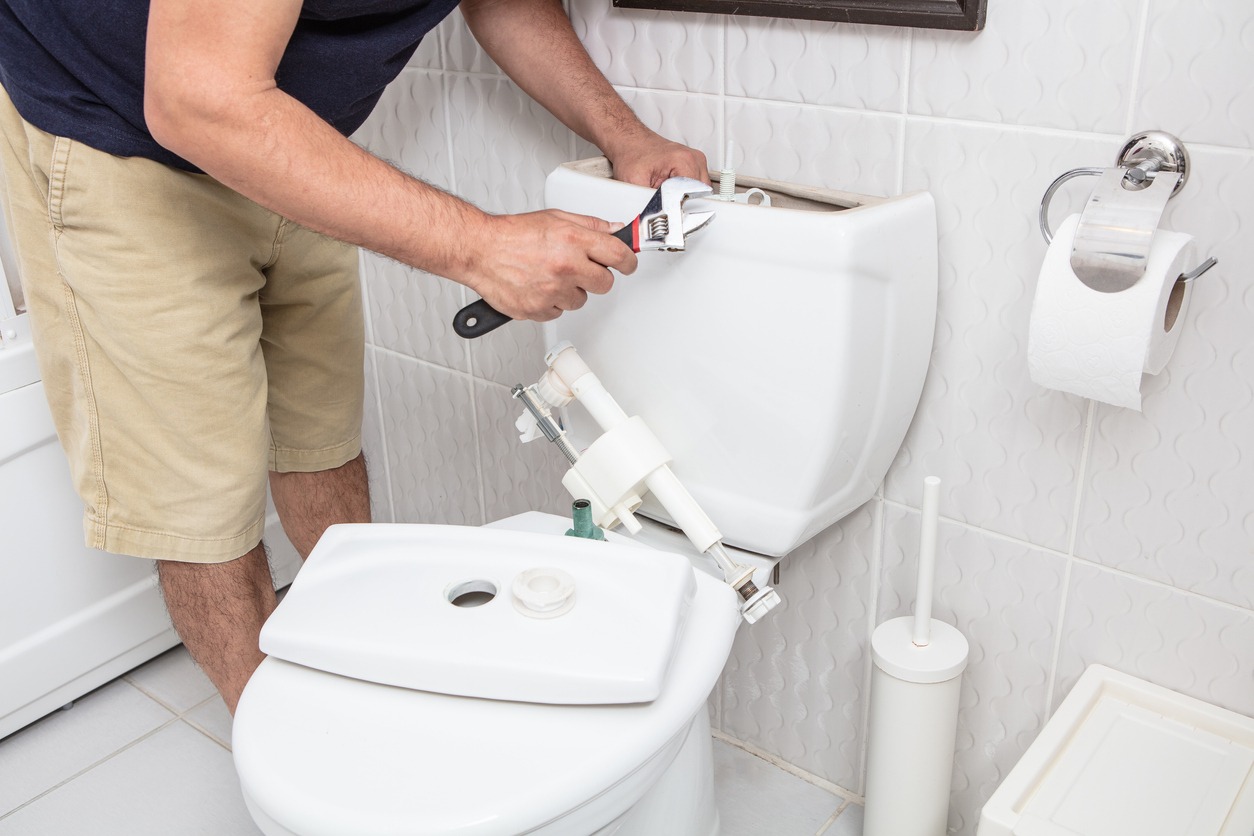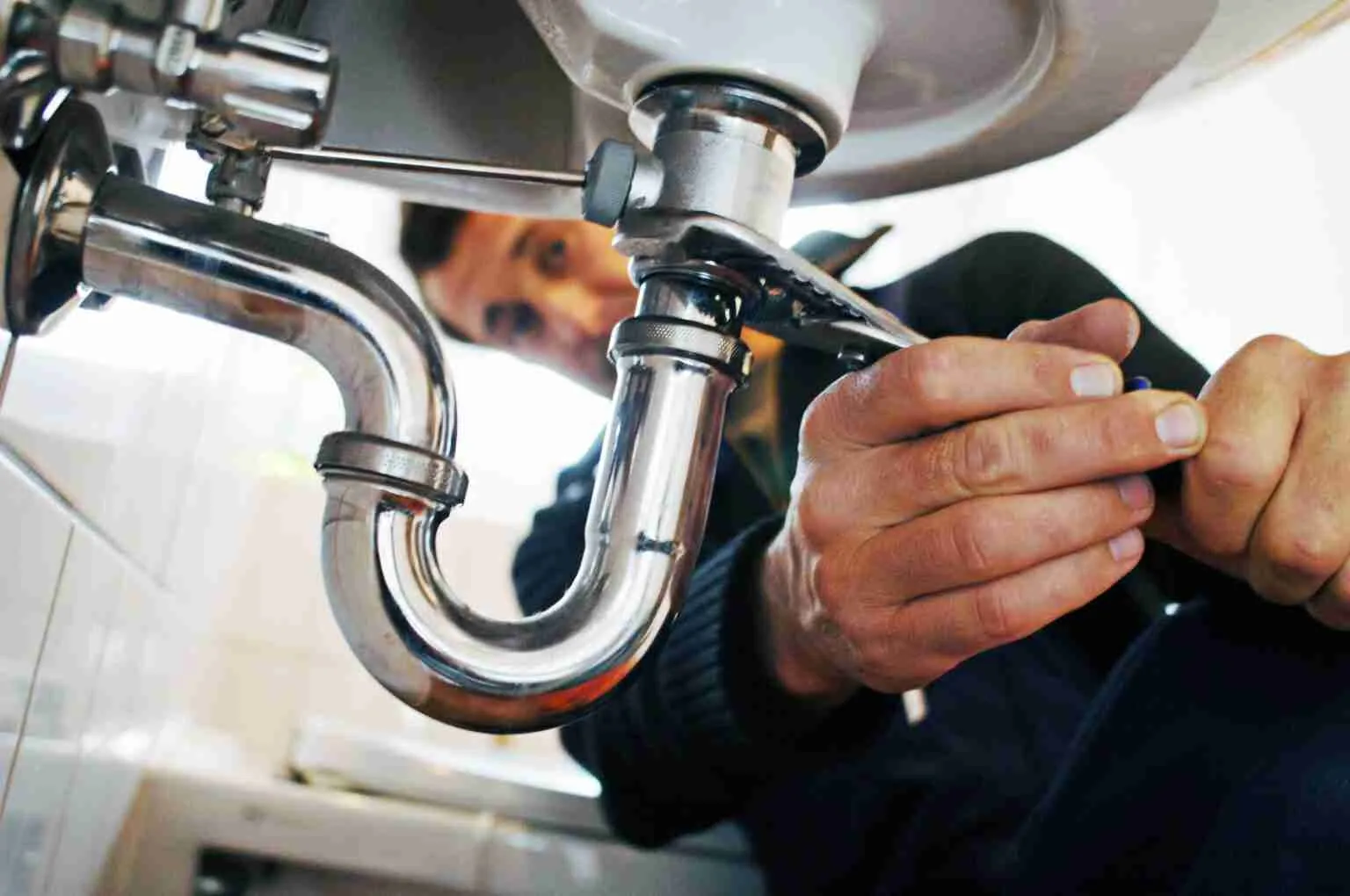A plumber is needed whenever you have problems with your kitchen sink, toilet, or other areas of your home that are connected to a sewage system. These problems may include clogging, not having enough water pressure on the sink, or not having any water at all.
When hiring a plumber, it’s essential to ask the right questions to ensure that you’re hiring a qualified and reliable professional. Here are 20 questions you may consider asking:
If you need a professional plumber to fix problems with your kitchen sink, toilet or other areas of your home, contact Tommie’s Plumbing today.
1. Are you licensed?
You will need to make sure that the plumber is licensed to work in your area. Licensing requirements can vary by location, and these include taking a test and passing it. A licensed plumber is more likely to have the necessary skills and knowledge to repair and install parts, so make sure that you are hiring someone who has a license.
2. Are you insured?
You should also ask about the plumber’s insurance coverage, which should include accidents or injuries that may happen to the plumber while on the job. With insurance, you wouldn’t have to worry about extra payments if a plumber you hire gets injured while repairing something in your home, as the insurance can already cover his or her medical expenses.
3. What is your experience in plumbing?
Inquire about the plumber’s experience, especially in the specific type of work you need, like repairs or installations. Plumbers with more experience often provide better service, as they have already done so many plumbing works for multiple clients throughout the years.
4. Can you provide references?
Request references from past clients to gauge the plumber’s reputation and the quality of their work. You may also check online for reviews about a specific plumber or the plumbing company where he or she works. By checking references and reviews, you will be sure that the plumber you hired will provide the best service for your home.
5. What is your hourly rate or project estimate?
Get a clear understanding of the plumber’s pricing structure. Some plumbers may charge by the hour, while others provide project estimates. Sometimes, it would be better to hire plumbers who have project estimates, as it will save you money if the project needs days to accomplish. However, if it is just a small repair or installation, hiring a plumber who charges by the hour is ideal.
6. Are there any additional fees I should be aware of?
Ask about potential additional charges for things like emergency services, after-hours work, or materials. Asking this question would prevent you from being surprised about being charged extra for a specific part of the service.
7. Do you offer a warranty or guarantee on your work?
A reputable plumber should stand behind their work and offer a warranty or guarantee on the services provided. A guarantee would make sure that the plumber would do their best to finish the project on time with no issues.
8. What is your availability?
Check the plumber’s availability and schedule to ensure they can meet your timeline. You should schedule their visits (if the project would take days) on the days when you are free so that you can check how the plumber is doing.
9. Do you pull permits for the plumbing work?
Some plumbing jobs require permits. Ensure the plumber is familiar with local regulations and is willing to obtain necessary permits. As much as possible, it should be the plumber’s obligation to obtain the permits, although you sometimes may need to sign paperwork in order to get the permits needed for the project.
Some of the necessary permits for plumbing include:
- Plumbing permit – a general permit for installations, repairs, and alterations to plumbing systems.
- Building permit – if the plumbing system that needs to be repaired or installed is part of a larger construction or renovation project, the contractor may need to apply for a building permit.
- Sewer permit – if the plumbing work involves sewer lines, a sewer permit is needed for the project to operate legally.
- Grease trap permit – a type of permit needed if grease traps (which are typically used in restaurants) are involved in the plumbing work.
10. Do you subcontract any work?
If the plumber uses subcontractors, make sure they are also licensed and insured. You can also check reviews for the subcontractors to see if they provide good customer service.
11. Can you provide a written estimate?
Request a detailed, written estimate outlining the scope of work, materials, and costs. Having a written estimate ensures that what you will be paying for won’t change unless the plumber tells you about extra expenses needed for the project.
12. How do you handle unexpected complications or changes to the project?
Discuss how the plumber handles unforeseen issues or changes to the project and any associated costs. An experienced plumber will be able to fix issues that may arise during the repair or installation process.

13. What is your cleanup process?
Ask about the cleanup procedures after the job is complete to ensure your property is left in good condition. Cleanup procedures are essential so that no harmful particles or items are left in the work area. In addition, you also don’t have to clean the mess yourself after the project is done, which can save you time and effort.
The cleanup process conducted by plumbers may include:
- Floor protection – before the plumbing work begins, the plumbers may apply drop cloths or plastic sheeting on the work areas so that debris, dust, and dirt that falls to the floor can be collected by the cloth or sheeting. The plumbers may also help you in moving out the furniture and fixtures that may get damaged during the repair or installation.
- Debris removal – removing debris that was created through repairs and installations on walls, floors, or ceilings.
- Dust and dirt cleanup – after removing large debris, the plumbers may clean up dust and dirt build up on the work spaces or areas. Wiping the surfaces is often sufficient, but plumbers may sometimes need to use a vacuum for a faster cleanup process.
- Checking for leaks – once the plumbing work is finished, the plumbers may need to check for leaks to make sure that they have done a thorough job in repairing or installing the plumbing system. If leaks occur, then the plumbers may need to repair the affected parts as fast as possible to prevent water damage.
- Final inspection – final inspections should be conducted by the plumbers to ensure that there are no issues with the repairs or installations. They may also check if the plumbing system is working properly without any leaks or damage to the pipes and other areas of the system.
- Restoring furniture and fixtures – after the final inspection, the plumbers will help restore furniture and fixtures back to their original place so that you won’t experience the hassle of moving these items one by one.
14. How do you prefer payment?
Clarify the payment terms, whether it’s upfront, in installments, or upon completion of the project. Any option will do, so pick the one that would work best with you and the plumber you hired.
15. Do you have experience with similar projects?
If you have a specific type of plumbing project, ask if the plumber has experience with similar jobs. An experienced plumber will provide everything you need for particular projects.
16. Can you provide a timeline for the project?
Get an estimated timeline for the completion of the project to plan accordingly. Some projects may take just a few hours, but the bigger projects may take days and even weeks, depending on your and the plumber’s availability.

17. What brands or types of materials do you typically use?
Ensure the plumber uses quality materials and discuss any preferences or concerns you may have. High-quality materials will make projects much easier for the plumber, which could contribute to how fast they can finish the project.
18. How do you communicate with clients during the project?
Make sure that the plumber establishes clear communication, including updates on the progress of the project and any issues that may arise while the plumber is working.
19. What is your policy on callbacks for issues after the job is complete?
Inquire about the plumber’s policy regarding callbacks and any issues that may arise after the work is finished. If there are warranties and guarantees involved, the plumber may offer repairs for free to fix those issues.
20. How do you handle emergencies?
Discuss the plumber’s availability for emergency situations and how quickly they can respond to urgent plumbing issues. So, if there are instances where the pipes are leaking in your home, an experienced plumber will be able to fix the issues quickly so that they won’t worsen. Also be sure to ask about emergency rates.
Asking these questions can help you make better choices when it comes to hiring a plumber and ensure that the job is completed to your satisfaction. Hire an experienced plumber who can provide a hassle-free and efficient service for you and your home.

